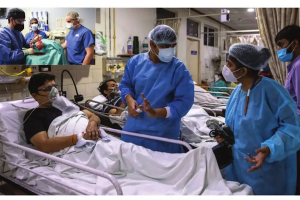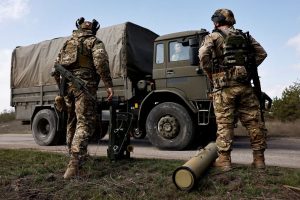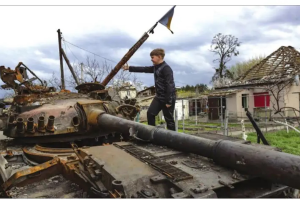The journey towards learning in West Bengal ~ frightfully fraught as it is each day ~ will hopefully be safer with last Friday’s decision of the state government to crack down on the operation of private vehicles that run as pool cars to ferry students to and from school. And yet the cruel irony will scarcely be missed; the death of an eight-yearold child in Hooghly district’s Polba has compelled the administration to sit up and address the inherent danger. The enormity of the tragedy deepens when we reflect that the child was driven quicker to grievous injury and eventual death than to the classroom, as indeed like many others.
The risks of travel in sub-standard pool cars, that the transport department and police will now assess and hope to rectify, has plagued urban transportation for long. More accurately, the basics that ought long ago to have been in place will now be introduced. It will, therefore, be hard to escape the conclusion that a child’s death has roused the administration to action. It is almost incredible too that the rules of safety will now ultimately be enforced, in itself a commentary on the joint performance of the transport department and the traffic police.
So too was Friday’s earmarking of responsibility to ensure the safety of the child in pool cars and school buses. Towards that end, a joint task force has been formed to draw up the rules in parallel to separate guidelines for commercial and private vehicles that ferry children to school throughout West Bengal. The observation might seem to be cynical but nonetheless is true ~ children are more vulnerable to accidents in course of early morning rides than commuters who use pool transport and contract carriages during peak hours of the day.
Of primary concern is the safety of the child; the mode of transport in which he/she must travel to school, as directed by certain schools in the south of Park Street area, must be secondary in the overall construct. Even the rulebook, as now formulated, is belated. For instance, private vehicles that operate as pool cars will be showcaused if they ferry students illegally. The illegality, we fear, is almost institutionalised. The use of private cars for a commercial purpose shall also call for an explanation.
This provision has been couched in the warning that registration might even be cancelled. Just as the fitness of the vehicle will be on test, so too must be the fitness of the driver, who as often as not is poorly trained or doesn’t possess a licence. Ergo, the danger is deep-seated and the responsibility to ensure safety must be collective ~ involving the operators, the traffic police, the guardians and also, vitally, the school authorities who must be licensed to teach only if they have adequate infrastructure in place – including a reliable means of ferrying children to and from school.











